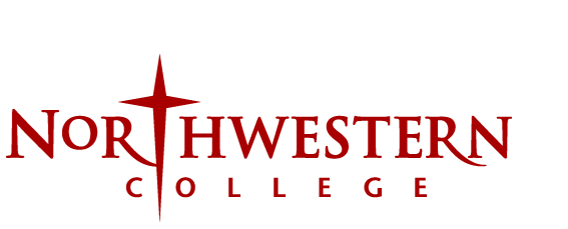Document Type
Article
Publication Date
Spring 2020
Abstract
Educators strive to create engaging and impactful strategies that not only improve student achievement but also instill 21st-century career readiness skills. Research has implied that through self-assessments, both student achievement and 21st-century skills are impacted in a positive way. Self-assessments can be used within the classroom as a form of formative assessments or feedback. The objective of self-assessments involves students analyzing their own work, identifying errors, and reflecting on their thinking. Student achievement, grit, and overall learning has been shown to improve through the implementation of self-assessments. For self-assessments to be successful, specific criteria needs to be implemented. The criteria includes time to understand the process, student involvement in creating rubrics, direct instruction when using the rubrics, and purposeful learning. This action research project was conducted to determine if student achievement is impacted in the 7th- and 8th-gradmathematics classroom when self-assessments are paired with formative assessments.

